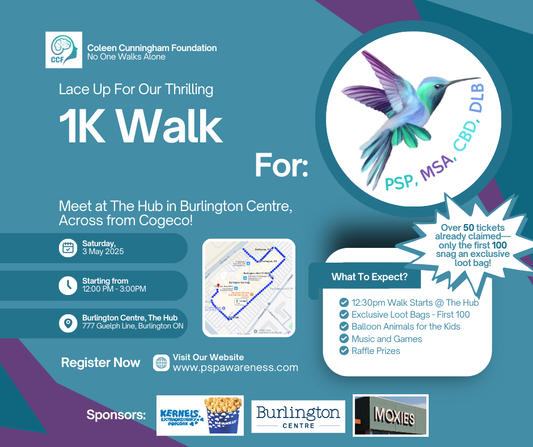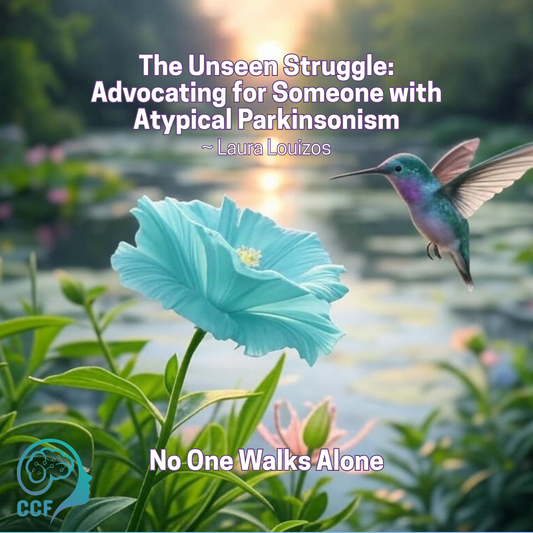Understanding neurodegenerative diseases can often feel like deciphering a complex code, particularly when different conditions present similar symptoms. Two such conditions that are frequently compared due to their overlapping symptoms are Progressive Supranuclear Palsy (PSP) and Parkinson's disease.
In this blog post, we aim to help you unravel the complexities and better understand the key differences between PSP and Parkinson's disease.
Progressive Supranuclear Palsy (PSP)
Progressive Supranuclear Palsy, as we previously discussed, is a rare neurological disorder that involves the progressive death of certain parts of the brain. Characterized by problems with balance, mobility, vision, speech, and swallowing, PSP primarily affects people over the age of 60.
The cardinal sign of PSP is an inability to control eye movements, particularly in the upward and downward direction, which often leads to blurred vision or difficulty focusing.
Parkinson's Disease
On the other hand, Parkinson's disease, which is more common, affects movement, muscle control, and balance. Like PSP, it primarily affects people over the age of 60. Its hallmark symptoms include tremors, rigidity, slow movements (bradykinesia), and balance problems.
Now, let's delve into the key differences between these two conditions.
Key Differences Between PSP and Parkinson's Disease
Onset of Symptoms
In Parkinson's disease, the symptoms often start slowly and are typically unilateral, affecting one side of the body more than the other. With PSP, the symptoms usually start more abruptly and are often symmetrical, affecting both sides of the body equally.
Eye Movement
A key differentiator of PSP is difficulty with eye movement, particularly moving the eyes upward and downward. This is not a characteristic symptom of Parkinson's disease.
Presence of Tremors
While tremors are a common symptom in Parkinson's disease, they are less common in people with PSP. Instead, people with PSP are more likely to experience issues with balance and falls, often backwards.
Response to Medication
Individuals with Parkinson's disease often respond well, at least initially, to a medication called levodopa. In contrast, individuals with PSP generally have a limited or no response to this medication.
Progression Rate
Parkinson’s disease typically progresses at a slower rate than PSP. While symptoms of Parkinson’s might develop over several years, PSP often progresses more rapidly.
Understanding these distinctions is vital for appropriate diagnosis and treatment. While both PSP and Parkinson's disease are currently incurable, their management strategies differ, making accurate identification crucial.
Research is ongoing to develop more effective treatments for both conditions and to find potential cures. By improving our understanding and awareness of these diseases, we can support those affected and their families, while also contributing to the global efforts in combating neurodegenerative diseases.


 Donate
Donate




1 comment
My dad has what I think are the last stages of PSP, he was diagnosed around a year ago after ‘2 small strokes and dementia’? His illness has been worsening for maybe 6 years after his first ‘stroke’? I totally understand it’s an incredibly difficult thing to diagnose but I’m looking for advice for his end of care ? He’s been in a care home facility for a year and gone downhill rapidly, he’s totally immobile now (the home could not cope with his falls) so can social services force us to move him? uK by the way!